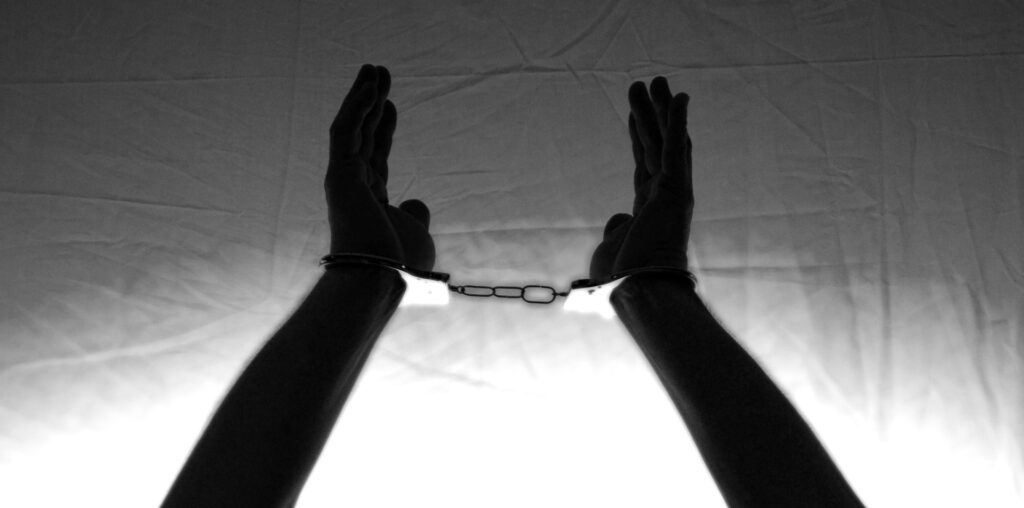This is the second half of November’s unplanned two-part post. I’m releasing it early since I’ll be traveling for Thanksgiving this year. Friday Fiction will resume in December. Promise.
An important lesson that I learned in my college philosophy classes was the value of indirect proof. Part 1 of this two-parter is what most people think of when you mention logical arguments and proofs: speculating what could be if a particular thing existed or reasoning out the consequences of something being true. However, in an indirect proof, you start by negating one of your assumptions, and then demonstrate how logic falls apart in that hypothetical scenario. Put more briefly, an indirect proof exposes the contradictions left behind when something is absent or false.
In that spirit, let’s explore what a story without conflict would look like. What follows may not be an indirect proof nor the results contradictory in the strictest sense, though I’m confident that I can show how such a hypothetical state is pragmatically useless for writers.
Modiphius provides us with an excellent starting point when talking about success and failure.
“Both success and failure are important teachers — someone who learns only from their successes will struggle to deal with failure, and someone who only learns from their failures may never find the opportunity to succeed.”
Dishonored: The Roleplaying Game by Modiphius Entertainment
This statement paints two starkly different pictures of what a life (and a story) devoid of conflict could look like. The first is a supremely blessed life where everything goes your way. The second is a life dictated by horrible circumstance.
Both scenarios are stagnant. Stagnation is not inherently interesting because nothing changes. Nor is stagnation healthy because nothing has the chance to grow. More importantly for us, though, is that stagnation is too fragile to last forever.

Stagnation gets uncomfortable after a while because we are mortal beings with a finite span of time in the world to make the impact we instinctively yearn to make. We are aware of our mortality, some more acutely than others, and thus, we are aware of the passage of time. The ticking clock could drive the characters themselves to end their stagnant existences. The one burdened by horrible circumstance could snap and fight against his metaphorical chains. The supremely blessed character could become reckless as she tests the limits of what’s possible in the pursuit of something — anything — new.
Not all people are so driven. Others need someone or something else to thrust them onto the path of adventure, change, and growth. Luckily, such a force exists, though it’s beyond human understanding. Spiritual people describe it as fate, karma, or a divine will. The scientific laws of thermodynamics call it entropy — a state of disorganization that the forces of nature push all life and matter toward. The characters of Dishonored call it Chaos — a force associated with that primordial, surreal, and vaguely sentient realm known simply as the Void. No matter what you call it, what’s true in both universes is that this force will inevitably seep through the tiniest cracks in the best-laid plans and break stagnation.
The supremely blessed character will one day fail, and the horribly burdened character will eventually do something right. From that break springs a character arc and a story to accompany it. Once the perspective-shattering shock dissipates, the supremely blessed character must learn how to take her first L and move on. The horribly burdened character, however, may be too deep in despair to recognize his success as such. That unexpected victory could lead him on a psychological and spiritual journey to fully accept what is rightfully his and embrace the good that comes from it.
What do you think? Was I spot on or way off the mark? Why or why not? Leave your thoughts and theories down in the comments.